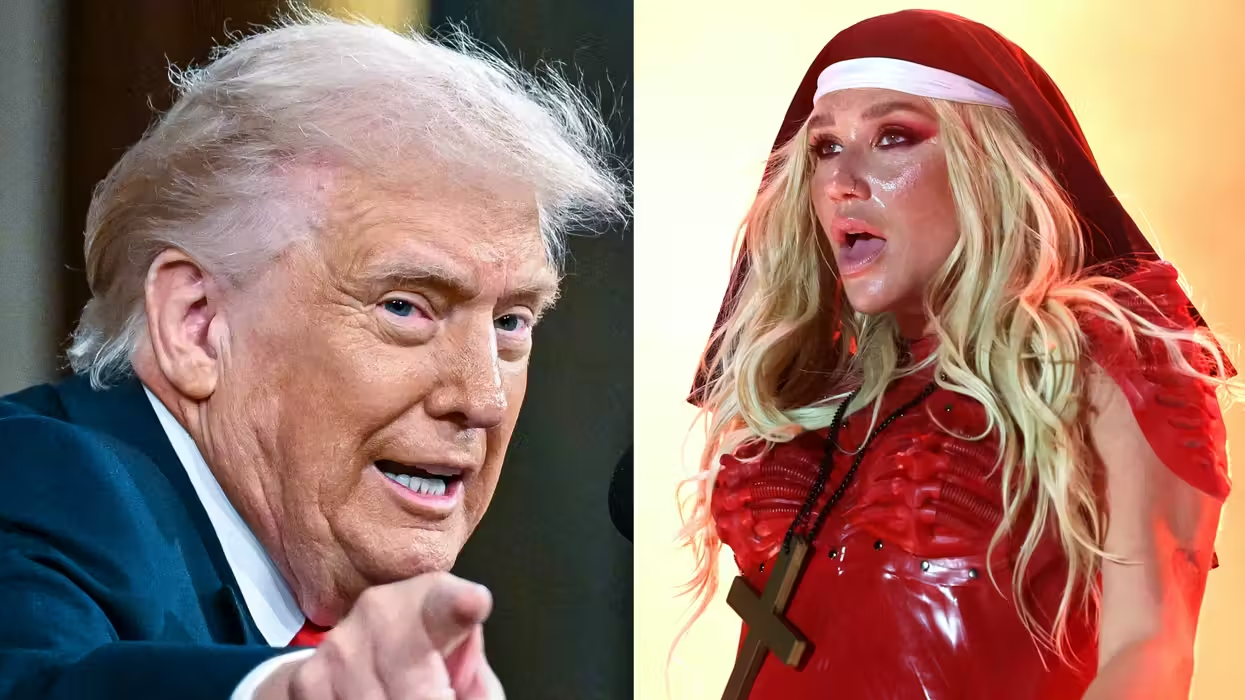The United States and China
have agreed to temporarily hold off on new tariffs for 90 days while the two nations try to negotiate a new trade deal.
Here's what we know
After President Donald Trump announced steep tariffs on all imports of steel and aluminum, China slapped retaliatory tariffs on the U.S. The Trump administration responded with more tariffs targeting Chinese goods, and China replied with more tariffs of its own. In July, Trump said he was willing to slap tariffs on every single Chinese import if China did not agree to an acceptable trade deal.
On Saturday, Trump and Chinese President Xi Jinping agreed to hold off on future tariffs until March 1. China has also agreed to buy more American farm goods, industrial goods, and energy, and to target fentanyl, a drug that has caused a large number of overdoses in America.
In a statement, the White House announced:
President Trump and President Xi have agreed to immediately begin negotiations on structural changes with respect to forced technology transfer, intellectual property protection, non-tariff barriers, cyber intrusions and cyber theft, services and agriculture. Both parties agree that they will endeavor to have this transaction completed within the next 90 days. If at the end of this period of time, the parties are unable to reach an agreement, the 10% tariffs will be raised to 25%.
Speaking to reporters aboard Air Force One on Saturday, Trump said, "It's an incredible deal. It goes down, certainly — if it happens, it goes down as one of the largest deals ever made,"
Trump also said in a tweet on Saturday that China had agreed “to reduce and remove tariffs on cars coming into China from the U.S." China has not yet confirmed that, and China's Foreign Ministry spokesman Geng Shuang
refused to comment Monday on the topic to CNN. China raised its tariff on auto imports from the U.S. from 15 percent to 40 percent in retaliation for Trump administration tariffs on imports from China.
The stock market jumped after the news was announced.
What else?
While Trump cited the U.S. trade deficits with foreign nations as a reason for implementing the tariffs, the U.S. trade deficit with China has increased since the tariffs were announced. While 11 months in 2016 had trade deficits with China that were lower than the same month the year before, every month since February 2017 has seen an increased deficit from the same month in the previous year. In September, the last month that was recorded, the monthly U.S. trade deficit with China was $40 billion. In September 2017 it was $34.5 billion, and in 2016 it was $32.5 billion.
Of course, economists are not convinced that a trade deficit is even a bad thing. Some experts argue that a trade deficit could be the result of Americans having more disposable income and spending this rather than saving.







